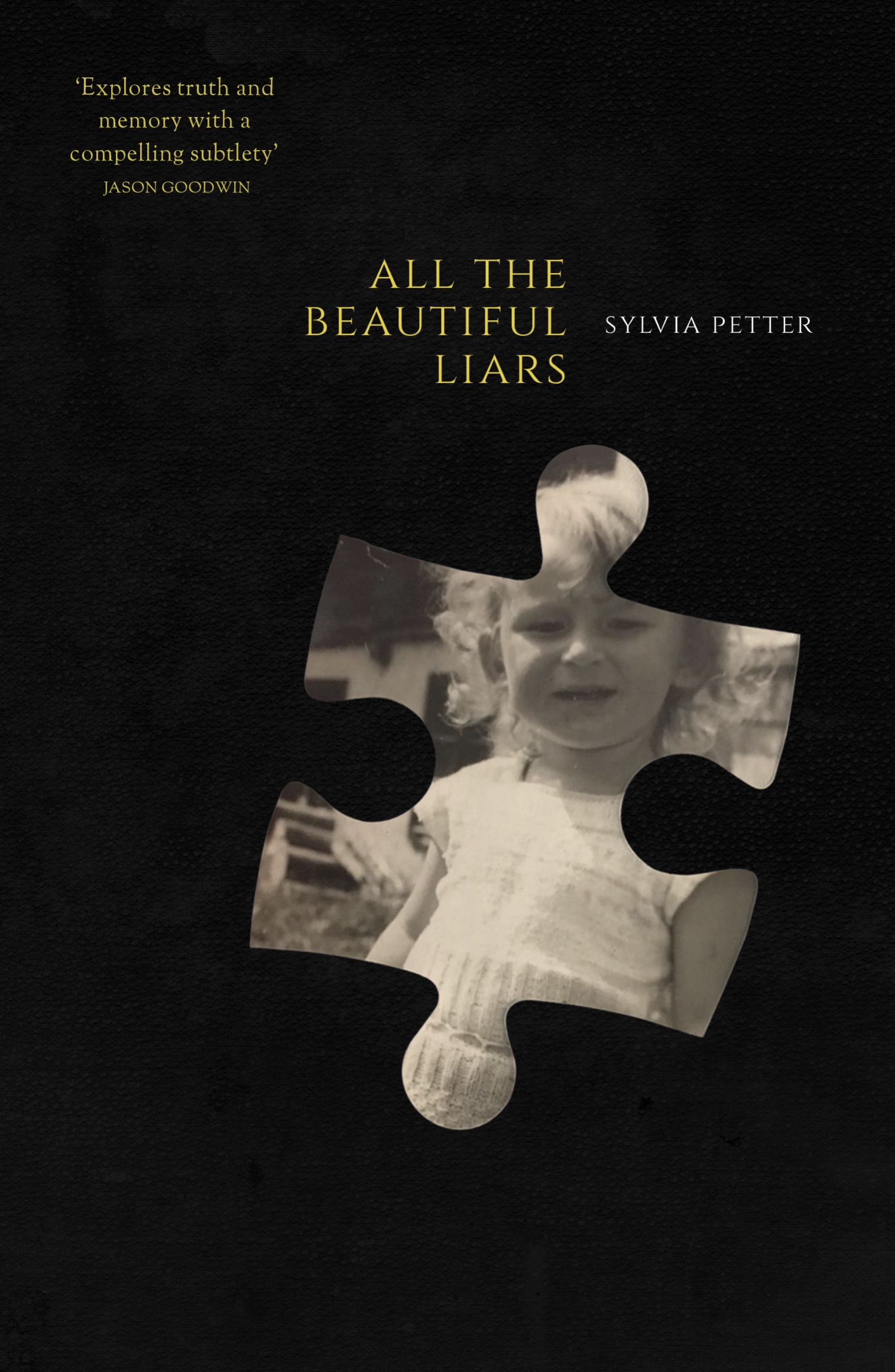Some people say your home is where your heart is, but the heart can be a fickle beast.
When my parents emigrated with me to Australia in the early 50s when I was a toddler, I, with them, became a migrant. They called us „new Australians“ back then, never letting us forget that we were „other“. I grew up with a mother tongue that was not my mother´s and felt as completely „Australian“ as a „new Australian“ could. When I left for a gap year in Europe in the late 60s, I went to see the place of my birth, Vienna. I only lasted a couple of years. The city meant nothing to me, and anyway, I was just another Australian abroad, the gap just having widened. Thirty years with the UN in Geneva didn´t change much in my perception of being an Australian, the nationality of my only passport. My permanent address was still in Sydney, had to be, the bureaucrats said and sent me on regular leaves „home“.
It wasn´t until I started writing fiction in the early nineties and stumbled upon short stories by the Australian expatriate writer, Janette Turner Hospital, that I started thinking that maybe I was an expat. Her stories spoke to me, but none of my friends in Sydney had even heard of her. Years later, at a conference in Cornwall, where I was giving a paper on smell in her work, an Australian academic said: “Oh, she´s just Queensland.” “You´re so wrong,” I countered. But he couldn´t, or didn´t want to, understand.
During my research on olfactory imagery in the „Australian“ stories of Janette Turner Hospital, an old uni friend, Sophie Elias-Varotsis, now based in Paris, spoke to me of the idea of “recurring superpositioning”, that one felt fine in one place, but just as fine in the other, that it wasn´t really about any sort of hybridity. Yes, but …
Enter the heart. I used to feel homesick for Australia, was convinced that I would one day return. But the country was changing and so was I, and like weary lovers we drifted apart. The paternal in expat, however, still binds me, but not in the sense of the country as patria. Although I now live in the city of my birth, I will not give up my Australian passport. My father gave up all he had so that I might have it. I owe it to him to keep it safe. My heart has decided that „home“ is a fiction. It wants to shrug off the labels, none of which fit. I´ve been called socialist, racist, migrant and artist, intellectual, expat and heaven knows what. I don´t trust labels, they only speak half truths, and they certainly don´t guard against shrinkage when put through the wash.
For more on expatriation, check out the latest issue of Gangway.




Thanks, Jo Ann, for those insightful comments. Rache, glad it struck a chord. Lovely to have both of you two “Kiwis” react to my words.
Great writing about nationality/expats beyond the nostalgia. I carry a dozen places from a dozen countries in my heart after being a foreigner since I was ten years old. “I don’t trust labels”, as you so wisely said, has left me seeing “home” as a voyage in specific time and space that is uniquely mine.
All of what you wrote resonates.
Thanks, Sue. Yes, Sophie coined it, but this whole expat thing is so subjective. Even superpositioning has a sense of dislocation about it, though.
fascinating post, that really spoke to me. I had never heard of “superpositioning.”
Sorry bout that, DL. C u soon.
As a repat, you made me cry mate